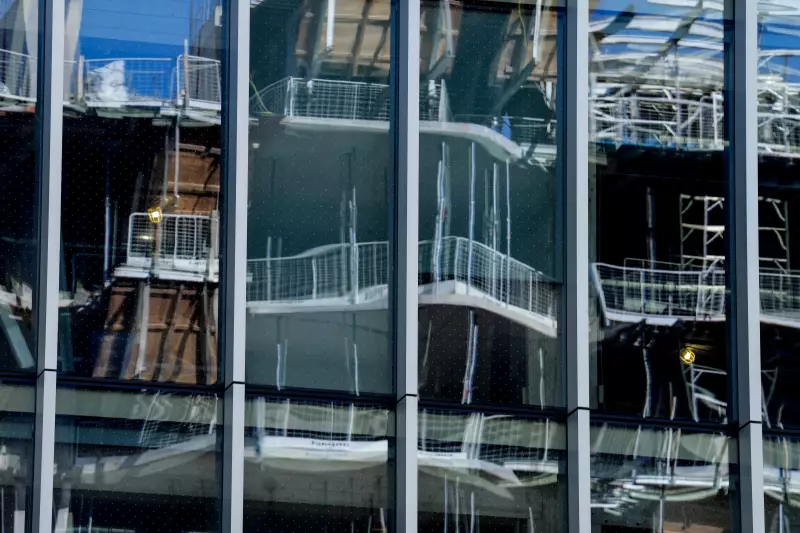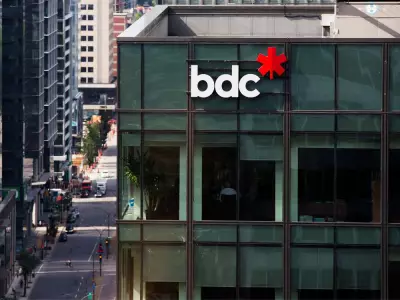
Toronto's condominium market is experiencing one of the most dramatic downturns in its history, with a mere 53 new condo units changing hands throughout the entire month of September. This staggering figure represents an 85% collapse compared to the same period last year, sending shockwaves through the real estate industry.
A Market in Freefall
According to the Building Industry and Land Development Association (BILD), September's sales numbers aren't just bad—they're historically catastrophic. The data reveals this represents the lowest September sales figure since the organization began tracking this information over two decades ago.
The broader Greater Toronto Area (GTA) new home market tells a similarly grim story, with overall sales plunging to levels not seen since the economic turmoil of the late 1990s.
What's Driving the Collapse?
Several powerful economic forces have converged to create this perfect storm:
- Skyrocketing Interest Rates: The Bank of Canada's aggressive rate hikes have dramatically increased borrowing costs
- Economic Uncertainty: Inflation concerns and recession fears are keeping buyers on the sidelines
- Affordability Crisis: Higher mortgage payments have priced many potential buyers out of the market
- Investor Retreat: Speculative investors have largely exited the market amid declining returns
Inventory Piles Up as Sales Plummet
While sales have cratered, available inventory tells a different story. There were approximately 16,213 unsold condominium suites sitting on the market at the end of September. This represents nearly 15 months of inventory based on current sales velocity—a clear indicator of a severely oversupplied market.
The single-family home segment hasn't fared much better, with sales dropping 68% year-over-year and available inventory reaching concerning levels.
What This Means for Toronto's Future
This historic downturn raises serious questions about Toronto's long-term housing strategy. With the city's population continuing to grow and immigration targets remaining high, the disconnect between housing supply and demand could create even more significant challenges when the market eventually recovers.
Industry experts warn that prolonged construction slowdowns could lead to future housing shortages, potentially setting the stage for another dramatic price surge when buyer confidence returns.





